Risk factors for gallbladder disease
Who is most likely to suffer with gallbladder disease?
Women are far more likely to develop gallstones than men, and this is mostly because of the effect of female hormones. Medical students are taught to suspect gallstones if the patient is:
- Fat
- Fair
- Female
- Fertile (meaning before menopause)
- Forty, as this is the typical age when gallstones first present.
Gallstones are more likely to occur in Western European, Hispanic and Native American people compared with Eastern European, Japanese and African American people.
Being overweight increases the risk of getting gallstones by approximately 80 percent. High doses of synthetic hormones in oral contraceptives and hormone replacement therapy increase the risk of gallstones because oestrogen increases the amount of cholesterol secreted into bile. This makes the bile thicker and more likely to form stones. For this same reason, gallbladder problems sometimes first manifest themselves during pregnancy.
Other factors that increase the risk of gallbladder disease
Here are some other factors that raise the risk of gallbladder disease:
- Syndrome X (also known as insulin resistance or metabolic syndrome). See the book I Cant Lose Weight and I Don’t Know Why for information on how to manage Syndrome X, including a 12-week metabolic weight loss plan.
- Diabetes – see Diabetes Type 2 You Can Reverse It Naturally.
- Obesity
- Females are more likely to develop gallbladder disease than males and women who have had several children are at highest risk (due to the extremely high levels of hormones in the bloodstream during pregnancy).
- Hypothyroidism (under active thyroid gland). This condition usually causes elevated cholesterol, a reduced metabolic rate and slowed digestion. People with an under active thyroid are also more likely to suffer with sluggish bile flow and delayed emptying of the gallbladder.
- Food intolerance or food sensitivities. This is a very common yet under-recognised cause of gallbladder disease. Food sensitivities impair healthy digestion and can reduce the ability of the gallbladder to contract and empty fully. Stasis of bile within the gallbladder promotes the formation of sludge and the eventual formation of gallstones.
- Low stomach acid (hypochlorhydria). This goes hand in hand with indigestion and food intolerance. Many people spend much of their lives taking antacid medication that reduces stomach acid. Common brands include Nexium, Somac and Zantac.
- Gluten intolerance/coeliac disease. There is a strong association between this condition and gallbladder disease. See the book Gluten – is it making you sick or fat?
- Family history of gallbladder disease.
- Rapid weight loss. If you lose weight extremely quickly, where does the fat go? Your hard working liver will break it down because it is the main fat burning organ in your body. Then the fat will be secreted into your gallbladder as a component of bile. Bile can then become super saturated with fat and raise the risk of stones forming. Alternatively stones that were already in your gallbladder can grow bigger.
- Oestrogen in contraceptives or hormone replacement therapy. Oestrogen increases the amount of cholesterol in bile and that makes stones more likely to form. Women naturally have much more oestrogen in their bodies than men and this is why they suffer from gallbladder disease more frequently than men.
- Very low fat diets. Every time you eat fat, hormone signals are sent to your gallbladder prompting it to contract and empty its contents into your small intestine. If you don’t eat enough fat, old bile will stay inside your gallbladder too long and that raises the risk of stones. It is important to eat adequate healthy, unprocessed fat in order to keep your bile moving and keep your gallbladder clean.
- High cholesterol. People with high cholesterol and high triglycerides in their blood are at increased risk of gallstones.
- Cholesterol lowering drugs raise the risk of gallstones; particularly statins and clofibrate. See the book Cholesterol The Real Truth.
- Liver condition: Having a fatty liver or sluggish, overworked liver significantly raises the risk of developing gallstones. In fact they are almost inevitable.
- Digestive symptoms. People with indigestion, bloating, heartburn, reflux, flatulence or burping are more prone to developing gallbladder disease.
- High alcohol intake.
- Binge eating or eating excessively large meals. Eating more food than your digestive organs can handle is a risk factor for developing gallstones and a major risk factor for getting a gallbladder attack and emergency trip to the hospital if you already have gallstones.
- The antibiotic ceftriaxone.
- Diets high in sugar or other carbohydrate rich foods, junk food and deep fried food.
- Constipation.
- Diets lacking fibre. FibreTone is a natural fibre supplement that combines psyllium husk with liver and gallbladder cleansing herbs.
- Inflammatory bowel disease (Crohn’s disease and ulcerative colitis). See the book Healing Autoimmune Disease.
- Infection in the stomach with the bacteria Helicobacter pylori raises the risk of cholecystitis (inflammation of the gallbladder). The presence of this bacteria also seems to be associated with cancer of the gallbladder or biliary tract. Helicobacter pylori is a very common bacterial infection that raises the risk of stomach ulcers and stomach cancer. It is important not to have an overgrowth of this bacteria in your digestive system because it creates chronic inflammation, which can eventually lead to serious disease. The most effective way to eradicate Helicobacter pylori is to improve the health and function of your digestive system. Parasites and pathogenic organisms are attracted to a sick and dysfunctional digestive tract. You need to make your digestive system healthy and inhospitable to harmful bugs. There are also excellent herbal products designed specifically to eradicate harmful microbes from the digestive system. Ultimate Gut Health powder helps to restore the balance of friendly bacteria and repair the gut lining.
This is an excerpt from the new book, “Save Your Gallbladder Naturally and what to do it you’ve already lost it”.


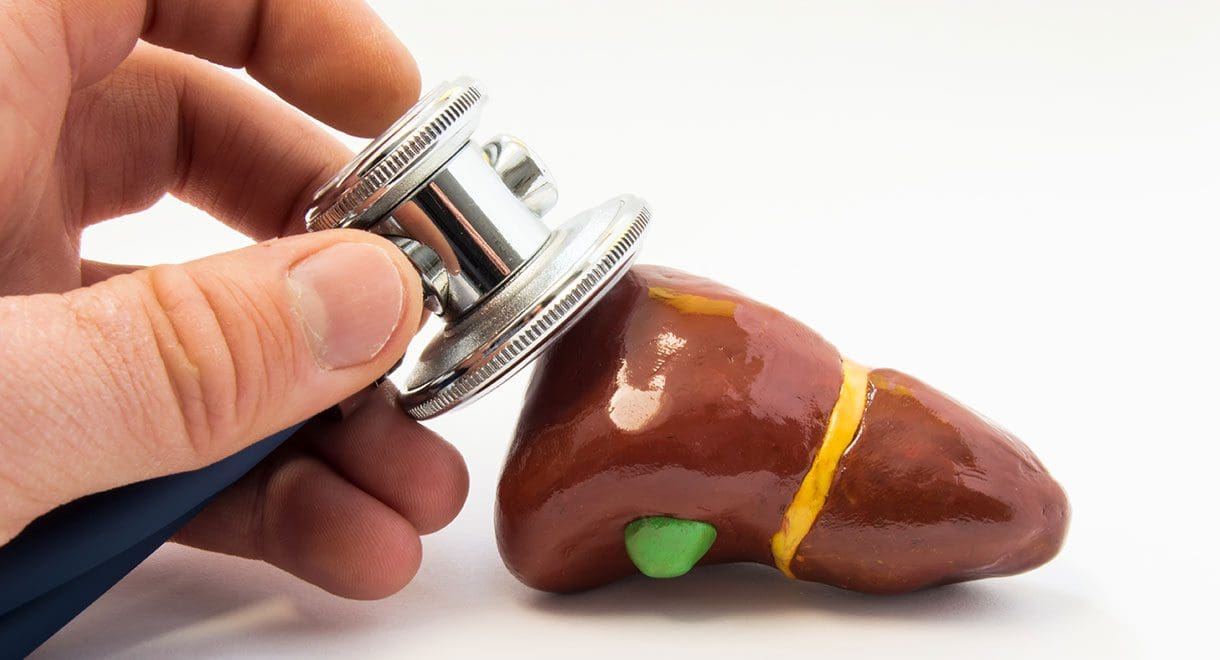

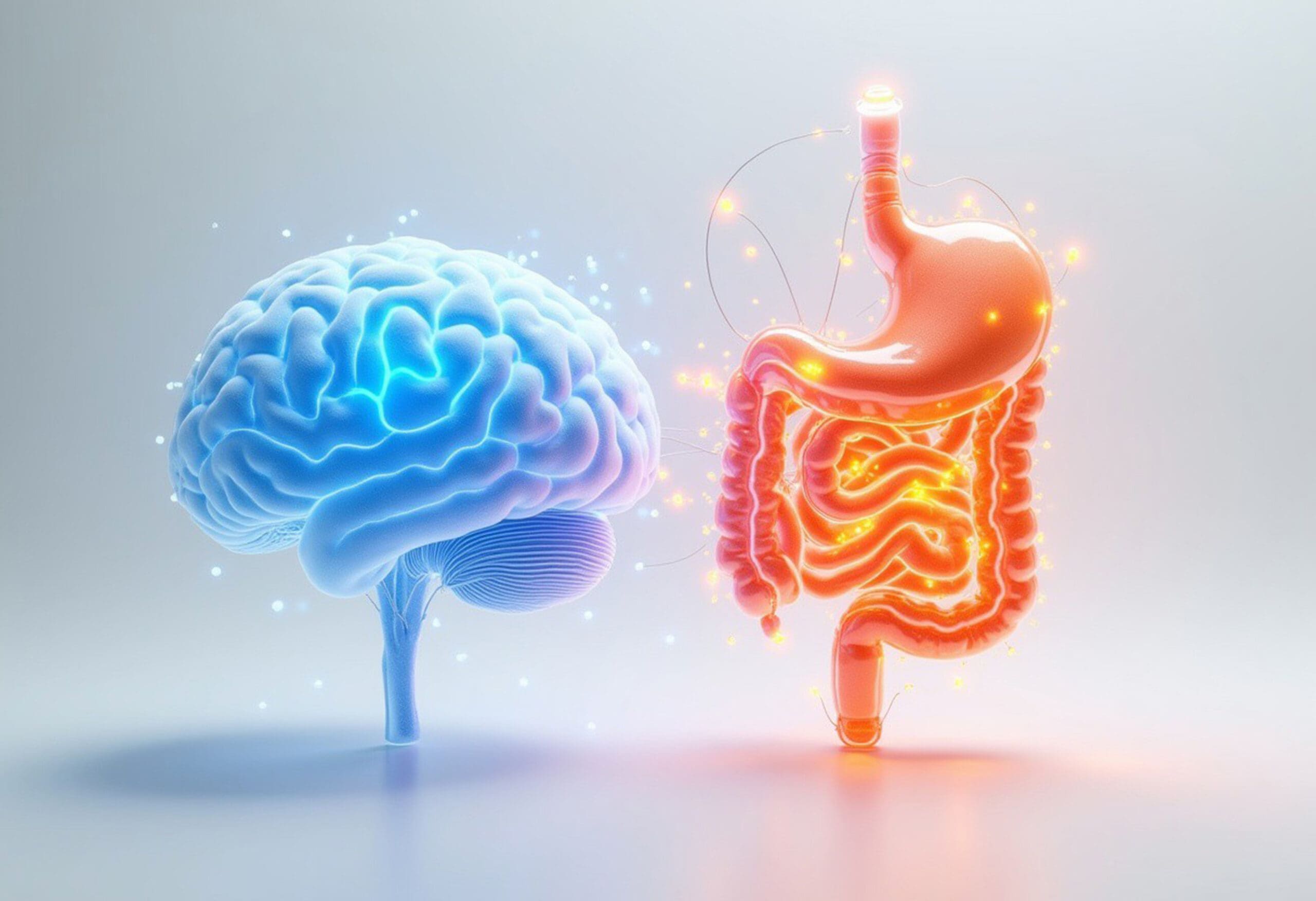
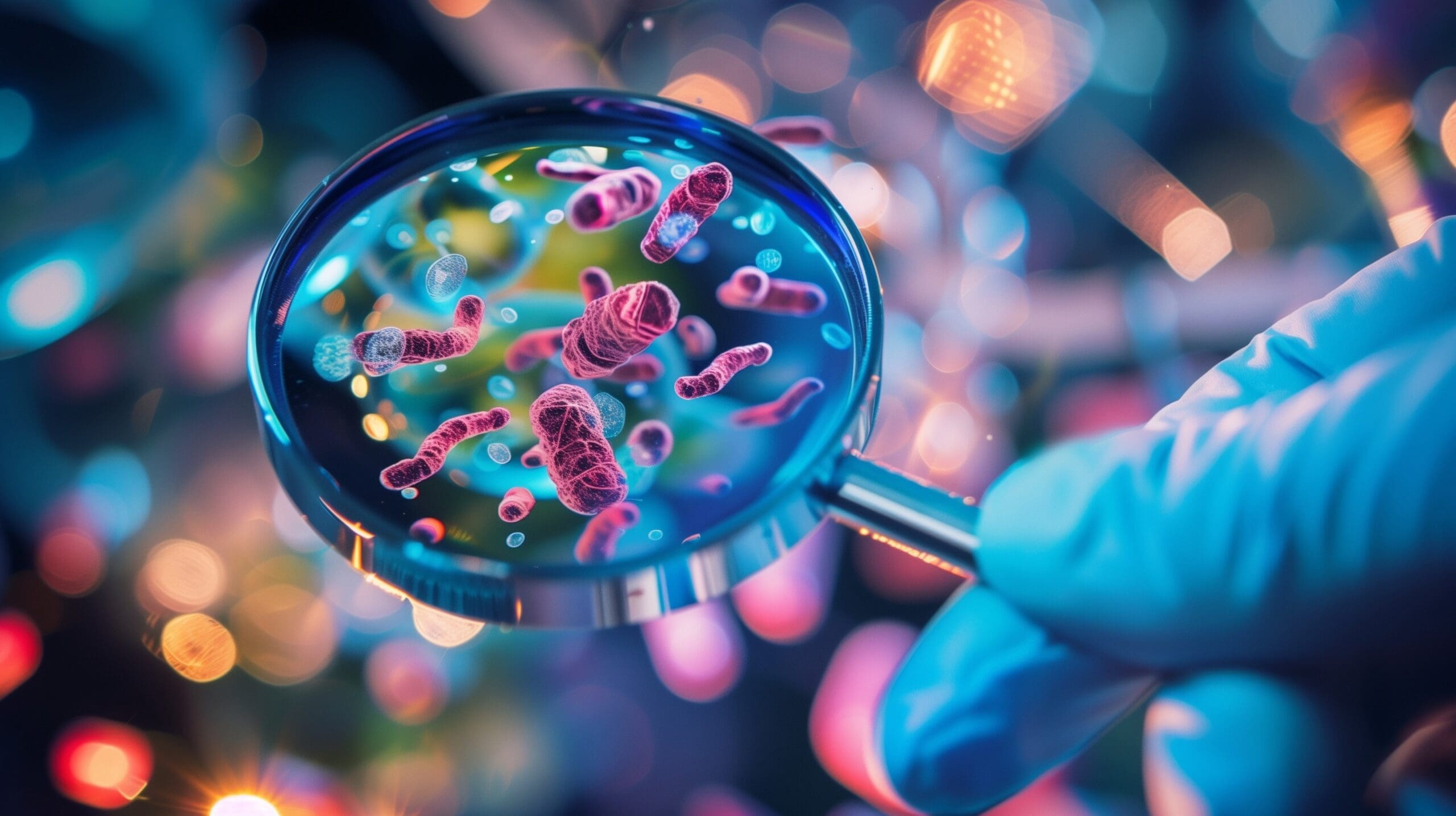
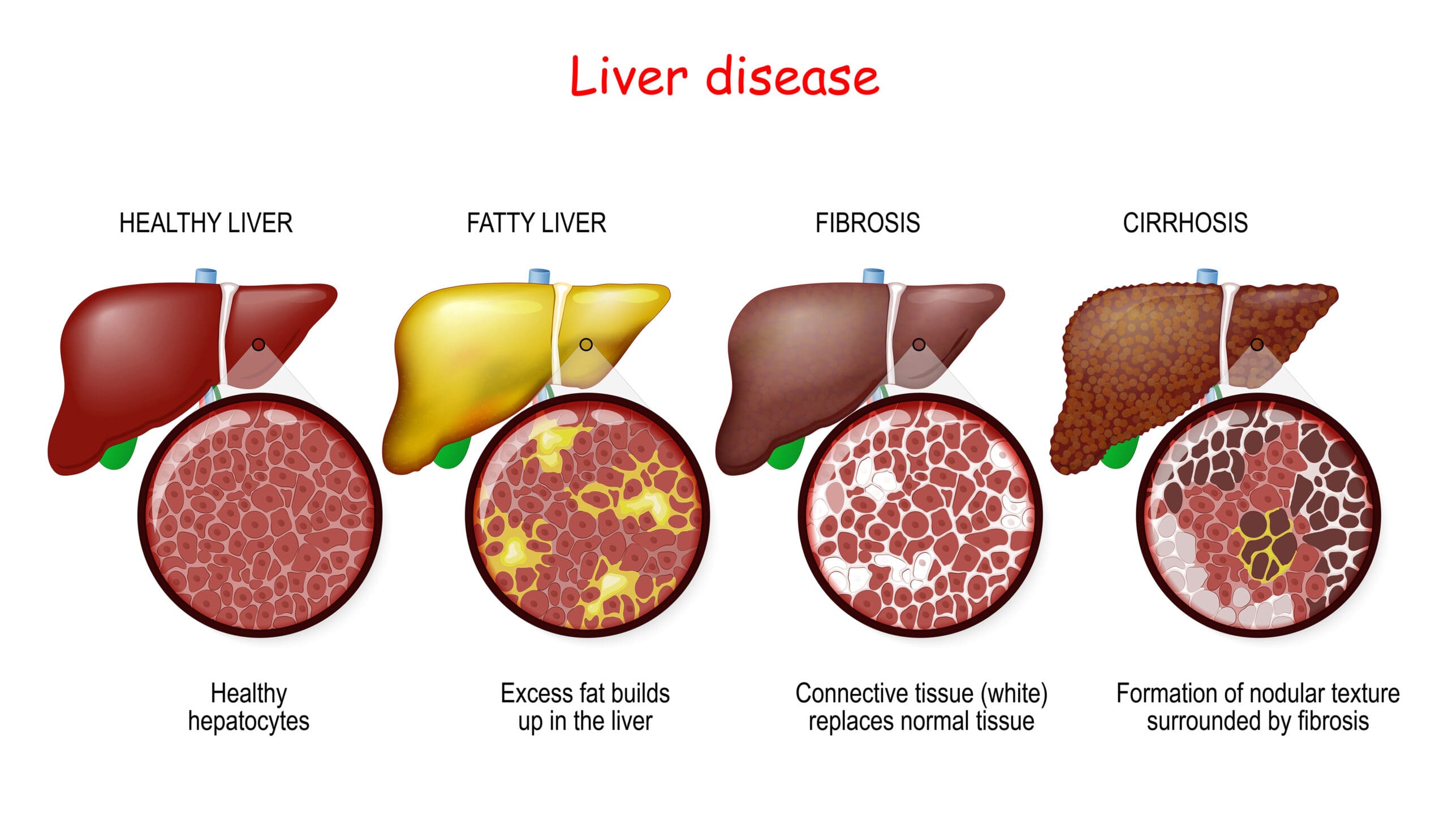
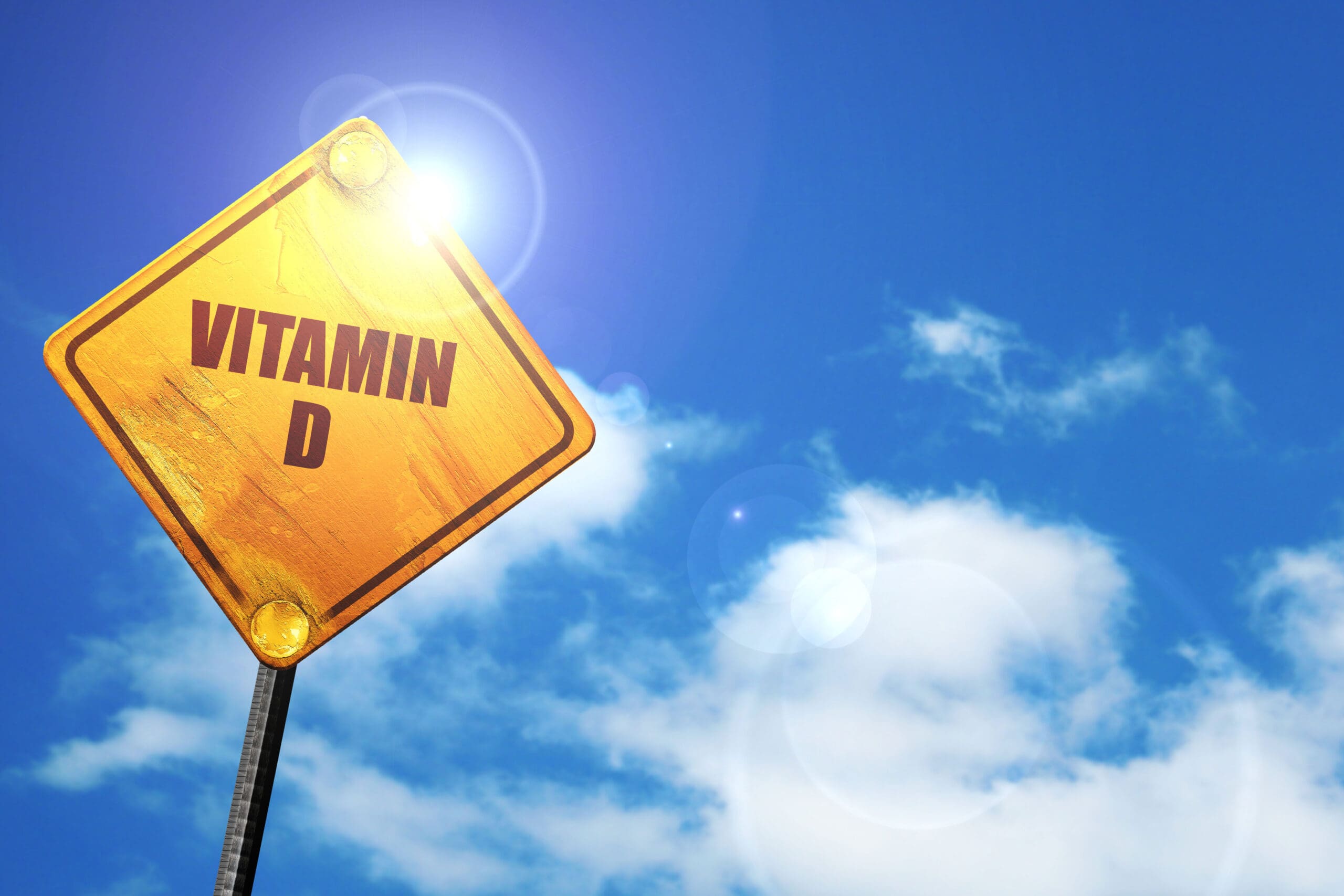
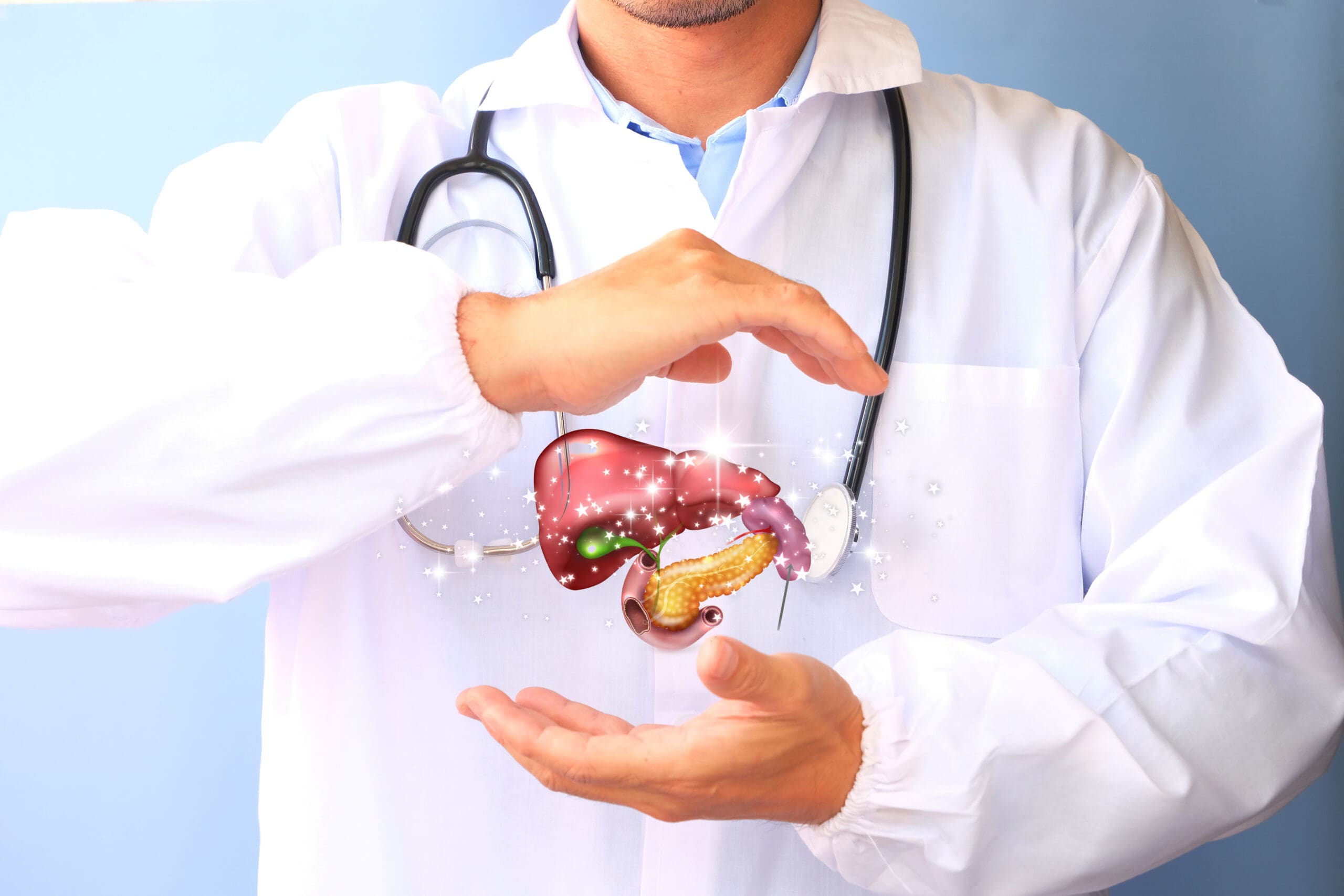
Leave A Comment